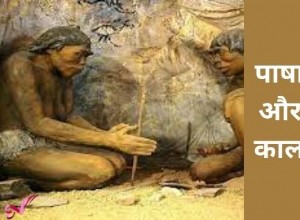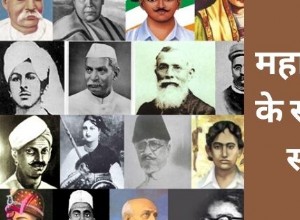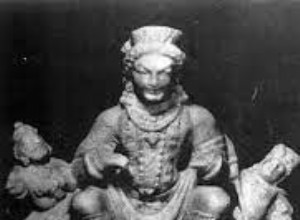Today in this article we are going to tell you about the Stone Age and the part of the Stone Age. The Stone Age is the period in history when human life was heavily dependent on stones. For example, hunting with stones, taking shelter in stone caves, making fire with stones, etc. Its three phases




